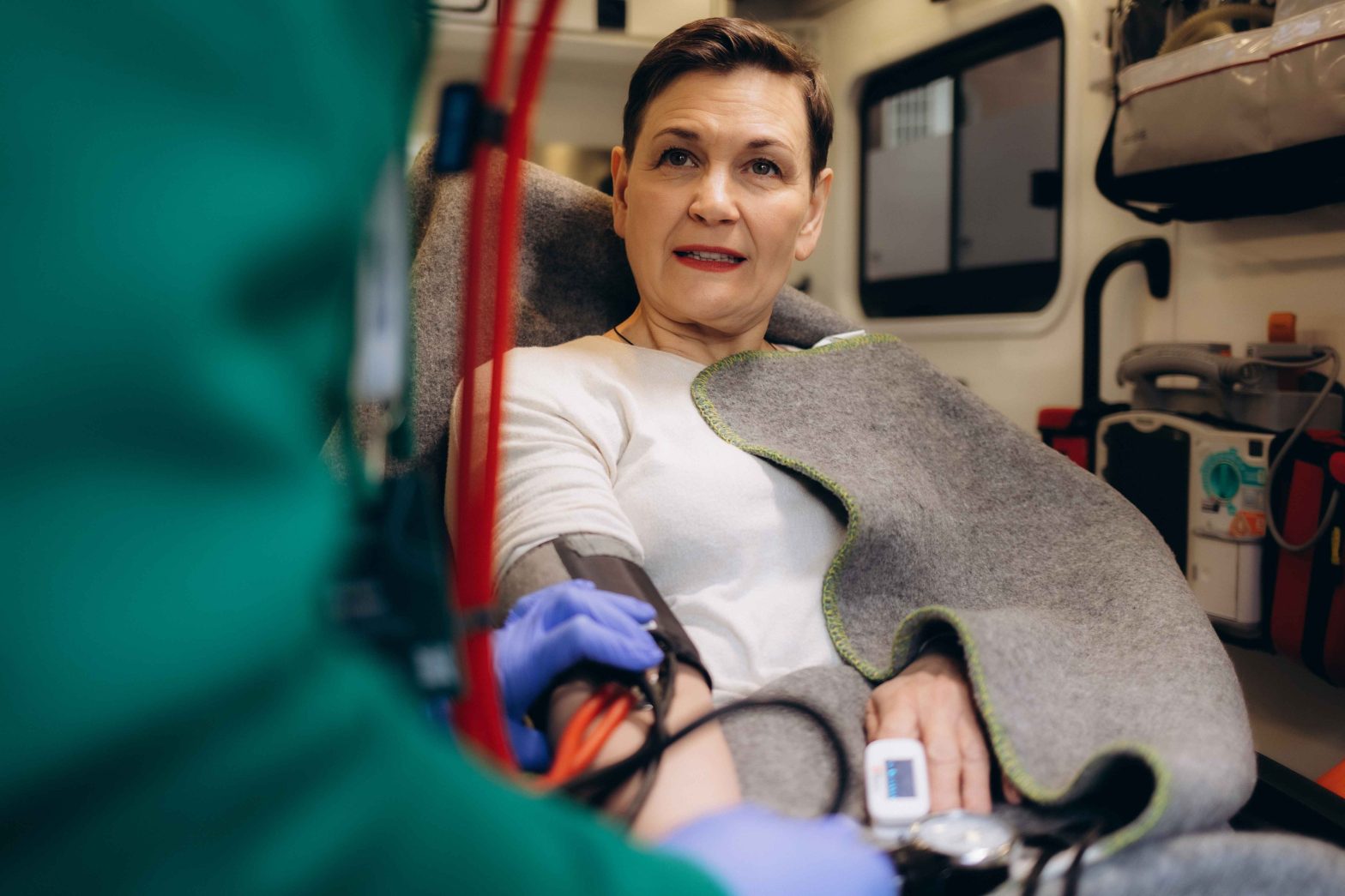A Balanced Heart Is A Healthy Heart
Are you living from the heart? Find out. Take our brief quiz to get your own #LiveFromTheHeart tip sheet.
Take the quiz!
By Team Adesso | Posted Dec 5, 2024
It’s crucial you are your own advocate when it comes to healthcare, especially in the emergency room. Unfortunately, the medical system has been misdiagnosing and under-appreciating the impact of heart disease on women. This includes that place where we may go when we need help the most- the emergency room.
We’ve heard many stories of women delayed in the emergency room for life threatening amounts of time and in some cases, sent home undiagnosed only to go home and die. These are frightening stories! Women are misdiagnosed twice as much as men when it comes to heart disease. The situation is heartbreaking, in more ways than one. Studies have shown that women have a 30% delay in care compared to men, when going to the Emergency Room. It is up to us to get the help that we need as urgently as we can.
People ask me all the time why I became a cardiologist. It was that one profession, that one thing that could help people live as healthy as they can be by taking care of their hearts. I have loved to move and eat well my entire life. Whether it’s dancing, skiing, walking, biking, hanging out with my dog. I just love being outside and have always loved moving.
My journey started about 20 years ago. I was in training at a hospital. One day a woman about 53 years old who was wheeled into the ER. She was clearly uncomfortable, nauseous and sick. She was sweating, vomiting, holding her chest and stomach. So she was evaluated by the doctors, they looked at her and they gave her the diagnosis of inflammation of the stomach, so it wasn’t an emergency. (Or so they thought.)
The doctors put her in the corner of the emergency room where she proceeded to have a heart attack right in front of our eyes. See, at that time, there was no such idea that women got heart disease just as much as men. You would think that that was then, I’m telling you, it’s happening NOW more than you would think.
For this reason, how you conduct yourself in the emergency room MATTERS. The stats point to the reality that the system will likely under-diagnose or mis-diagnose your heart ailments. Here are some tips to help you advocate for yourself in emergency situations and to ensure that you don’t get sent home with a life threatening situation.
You can never be fully prepared for an emergency. However, you can have a plan in place should the worst occur. By taking a few minutes now to create your own emergency room advocacy plan, you will be ready should the time ever come.
We recommend you have your plan with another person who you trust will be the first call you can make in times of trouble (and you can be their person as well). This may be your significant other, a child, a parent or a friend. Just take the time to establish what you need and share this information with them. Write it down, print it out or store it on both of your phones, so it is at the ready, should it ever be needed.
Symptoms of a heart attack that you may mention could be:
Risk factors you might mention could include:
“What other tests would you recommend that might help you investigate these symptoms further?”
“Would a blood test help, looking for markers of a heart attack (troponin)?”
“Would a CAT scan angiogram help to make sure I am not having a heart attack?”
“Could catheterization help to diagnose the problem?”
Do not be dismissed without being sure that you are okay. An ekg is not enough to determine if your symptoms are due to your heart. Make sure that further testing is done before being discharged from the hospital. You can demand more care if you feel like you are not being heard.
Don’t be afraid. It could be the difference between life and death.